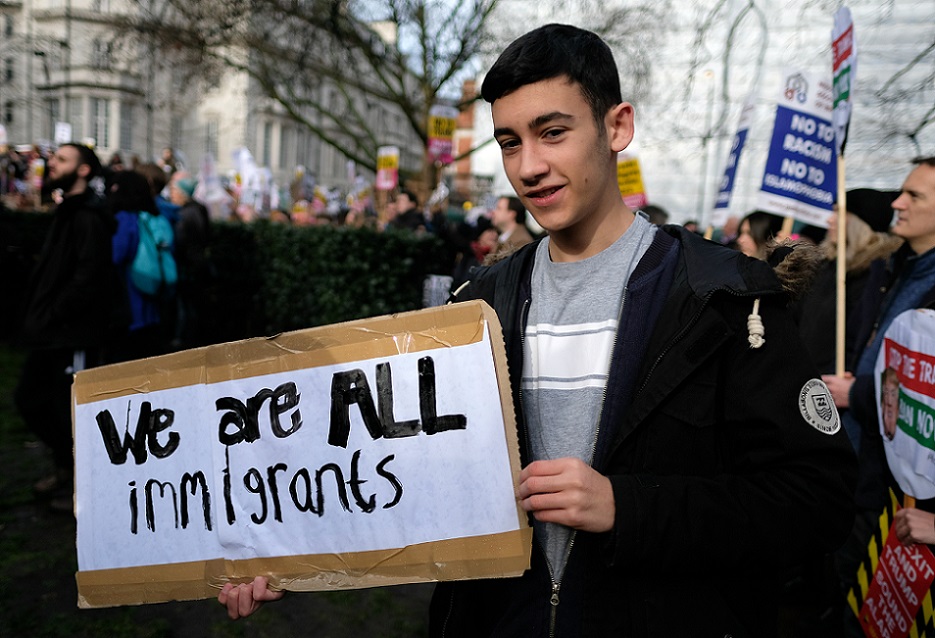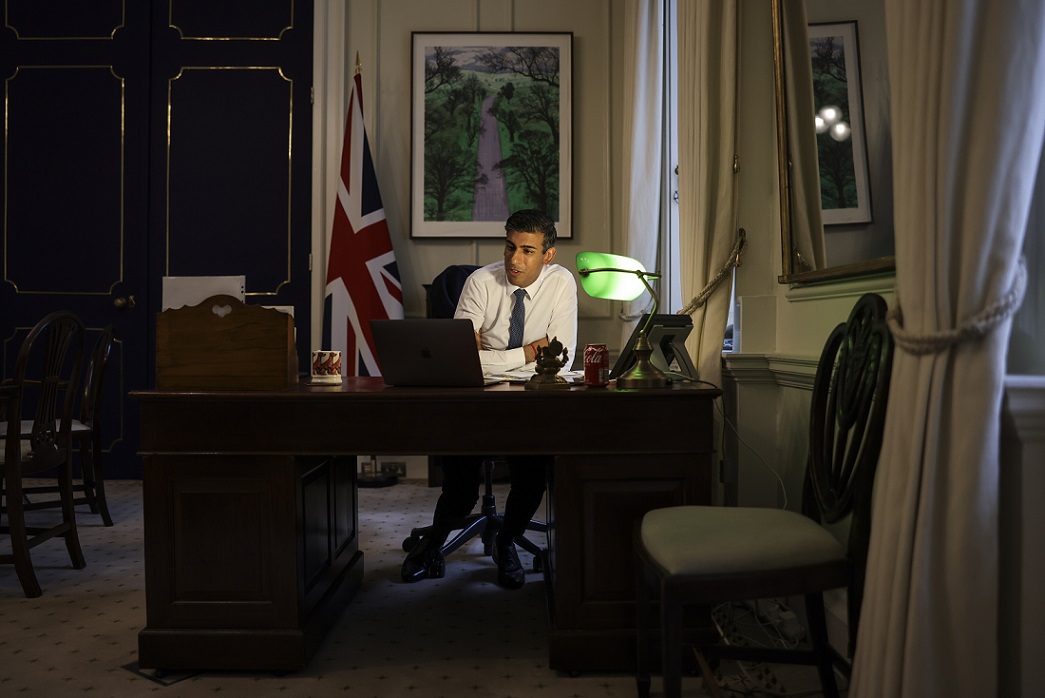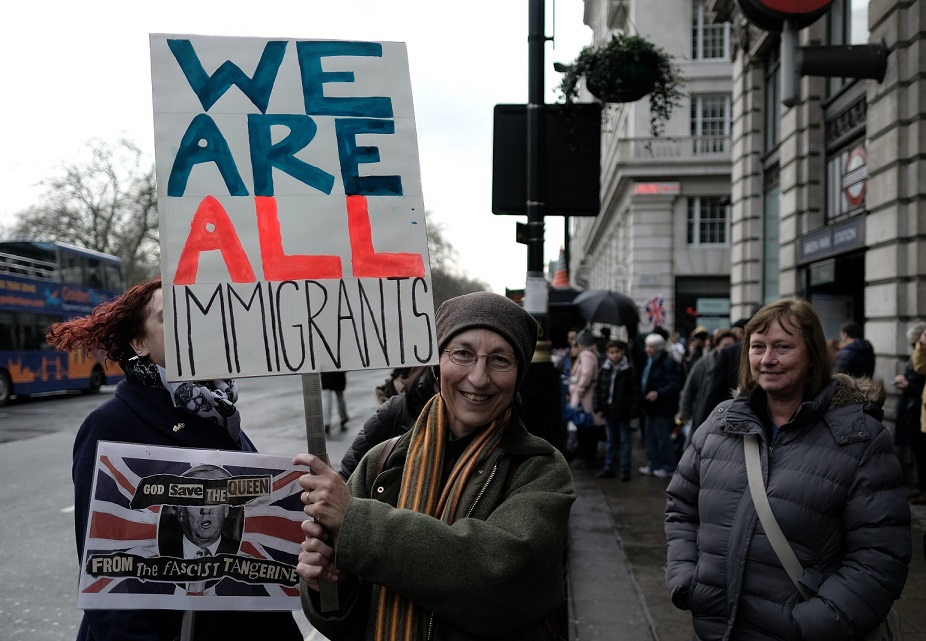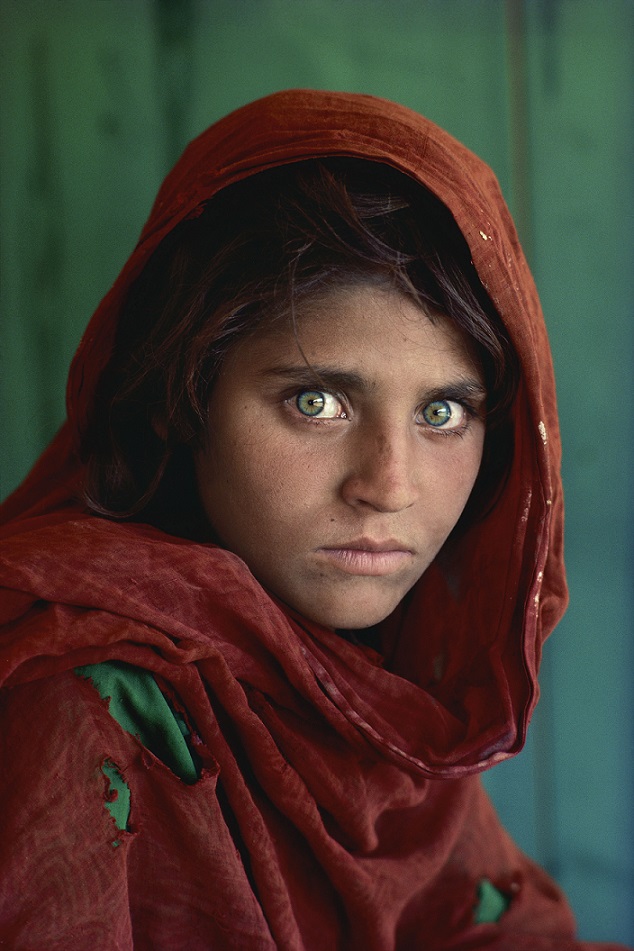The new Illegal Migration Bill and, in general, the anti-immigrant and refugee policies of recent decades, as well as the nightmares experienced in detention centres, reproduce a racist system inherent in Britain’s history. Today, more than ever, the strength of the human rights movement is urgently needed.

Juanjo Andrés Cuervo
On 18 March, protests will take place in different parts of the world against the exploitation of ethnic minorities, against the discrimination and neglect to which they have been subjected. The UK is no exception, especially as it has once again been the scene of measures that mercilessly attack the diaspora.
In recent years, the Conservative Government in the United Kingdom has implemented a series of measures to restrict the arrival of immigrants and refugees to the country.
The Nationality and Borders Act became lawon the 28th of April 2022 was an example of this reality.
Later that year, the Tories reached an agreement with Rwanda to deport people to that country. This racist policy created a huge controversy in the public sphere.
The historian Richard Evans, a specialist on modern Germany, exposed an analogy between this law and one of the darkest moments of the last century: “UK government scheme to deport asylum seekers to a tropical part of Africa irresistibly reminds them of the failed Nazi scheme to deport Jews to Madagascar.”
Currently, the government’s attempts to deport people to Rwanda have been blocked by the courts. Furthermore, hundreds of people protested at the Home Office and many protesters blocked the roads to stop the deportations.

However, despite the popular pressure, the Conservatives have not given up their aims. As proof of this, on Tuesday 6 March, UK Prime Minister Rishi Sunak himself introduced the Illegal Migration Bill in Parliament. This is in line with his motto “Stopping the boats” coming across the English Channel.
In doing so, it would be in breach of the 1951 Refugee Convention, a well-known international human rights standard. Unsurprisingly, hours later, the UN Refugee Agency issued a statement pointing out that this will extinguish “the right to seek refugee protection in the United Kingdom.”
But this follows a trend carried historically by the British elites against the most vulnerable ethnic minorities. The anti-immigrant policies are the inheritors of the colonial system.
The history of racism
On August 1, 1834, Britain passed the Slavery Abolition Act, outlawing the owning, buying, and selling of humans as property throughout its colonies around the world. And yet, a system based on oppression was maintained fiercely in the colonies all over the world.
For more than a century, systematic abuses of the natives were carried out in India and many regions in Africa and the Caribbean. When the decolonisation process started after World War Two, the violence perpetrated by the United Kingdom did not stop.

Despite the creation of the Universal Declaration of Human Rights in 1948, decades later the British still continued with their systematic murders in their colonies.
For example, the Mau Mau uprising in Kenya against the settlers was crushed by sheer force. Roughly 1.5 million people were forced into concentration camps where they were subjected to torture, rape and other violations.
In “Britain’s gulag: the brutal end of empire in Kenya”, the historian Caroline Elkins portrays the crimes committed by the British against the African population.
Nowadays, the policies against immigrants and refugees, and the nightmares of the detention centres perpetrate a racist system inherent in the history of Britain. The documentary “Silence Heard Loud” by Anna Konik shows some of the many testimonies of people who have been imprisoned there.
The horror and agony that refugees experience inside the British detention centres is part of a mechanism rooted in racism and a structural mechanism built on hatred towards foreigners.
The social movements against racism
On Saturday 18 March 2023, there will be demonstrations all over the world. In the United Kingdom, the UN Anti Racism Day will take place in London, Glasgow and Cardiff. Under the motto of #RESISTRACISM, it will follow global premises “to mobilise the majority and stand up together against racism and fascism.”

Antiracist protests started to shape the contemporary world during the 1950s. The events in the United States ignited the flame to light a path shadowed by the ghost of white supremacy.
People like Martin Luther King Jr., Angela Davis, Malcolm X, Rosa Parks, James Baldwin and Fred Hampton became prominent figures in the fight against racism. The Civil Rights Movement was the epitome of all these struggles.
During those years, the Vietnam War was another example of the racism inseparable in the United States against a population which they considered inferior to them. Across the world, pacifist movements joined many communities together, creating an intersectional sphere.
Fred Hampton, the Chairman of the Black Panthers in Illinois, Chicago, wanted to advance the group’s goals in creating the Rainbow Coalition, an alliance between the Black Panthers, the Young Patriot Organization (YPO), formed by poor white southerners, and the Latino Young Lords.
And despite the many achievements that were accomplished, there is still road to walk. As Martin Luther King Jr warned in his “Letter from Birmingham City Jail”: “The Negro’s great stumbling-block in the stride toward freedom is not the White Citizen’s Counciller or the Ku Klux Klanner, but the white moderate who is more devoted to ‘order’ than to justice; who prefers a negative peace which is the absence of tension to a positive peace which is the presence of justice.”
In other words, in the fight against racism, it is not possible to remain ambivalent.
There is still hope. The fact that it was four white males from Black Lives Matter who went to trial for removing the statue of the slave owner Edward Colston in Bristol was not exceptional. It is the example that the intersectional solidary has taken root in our society.












.jpg)












